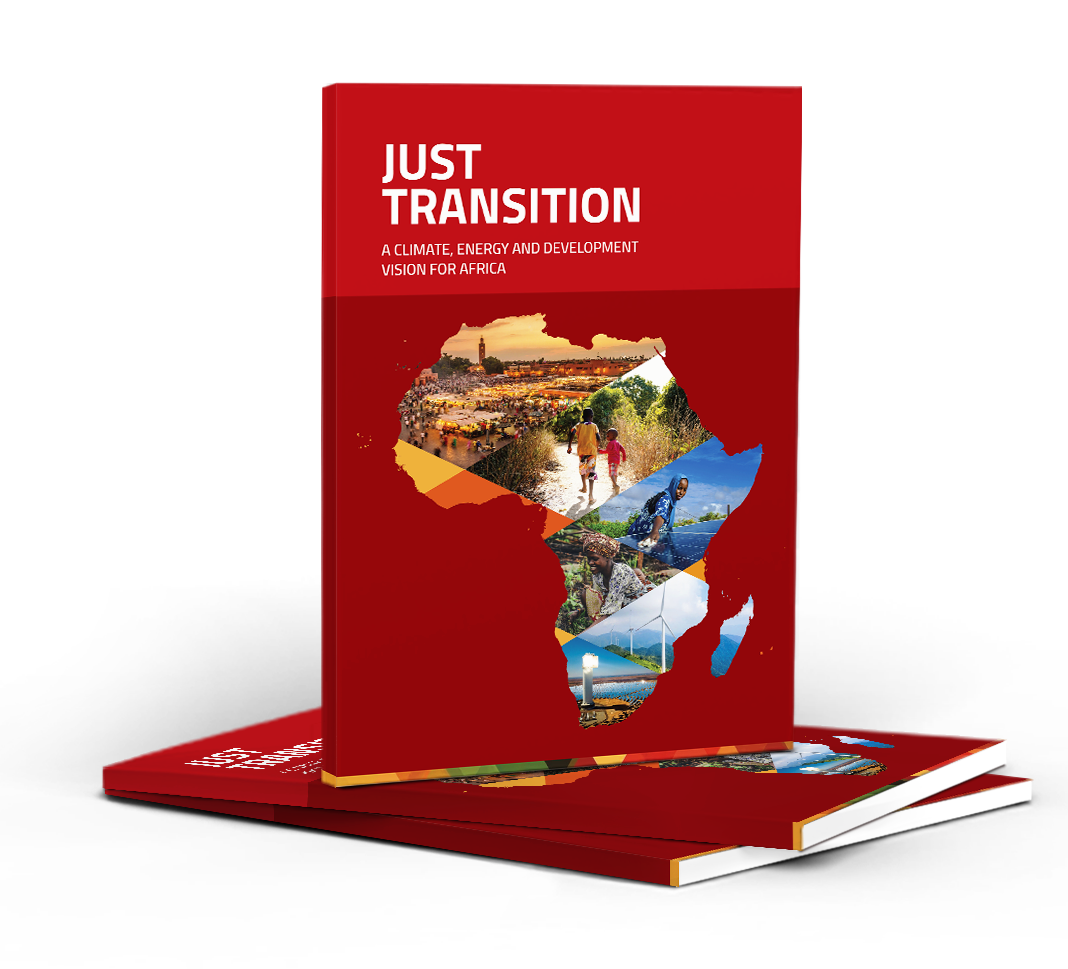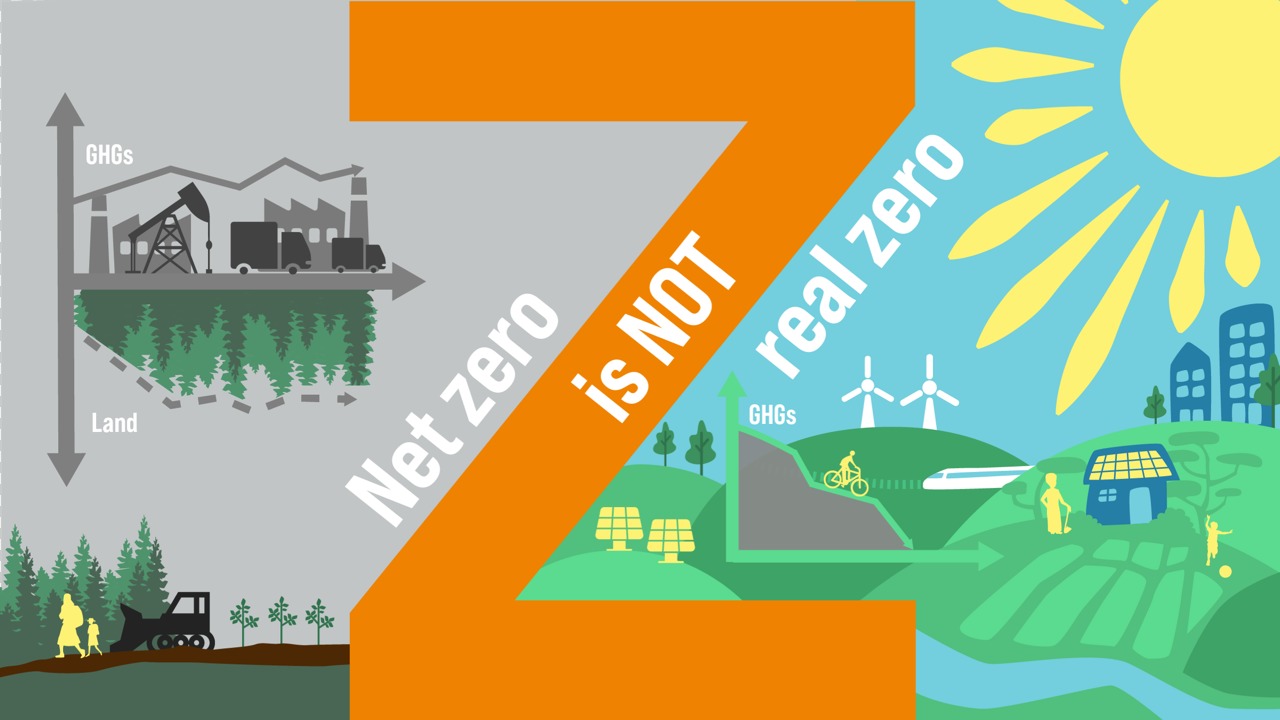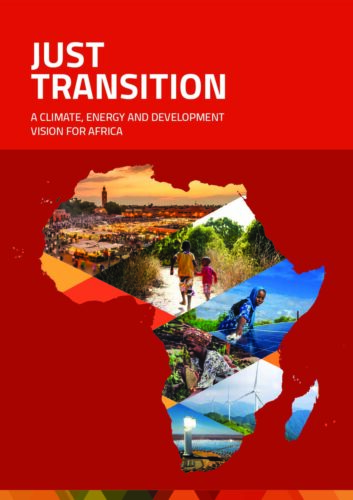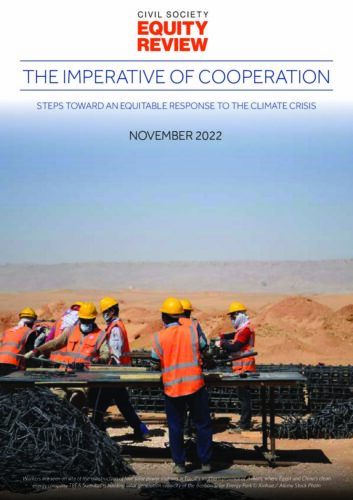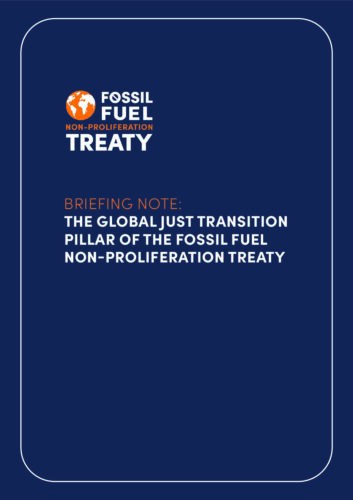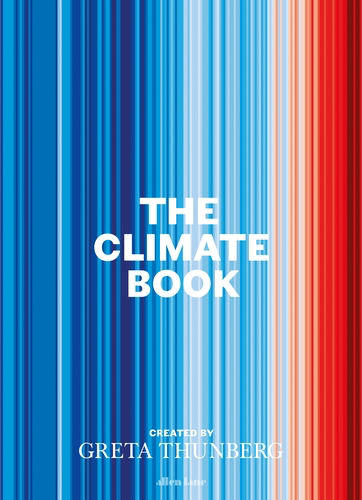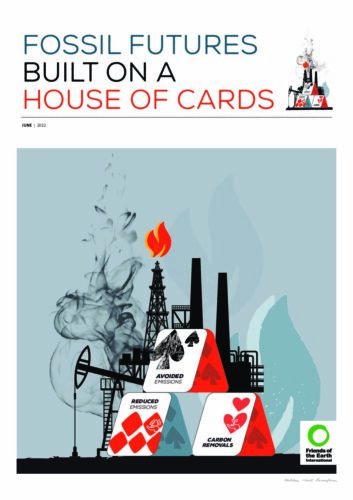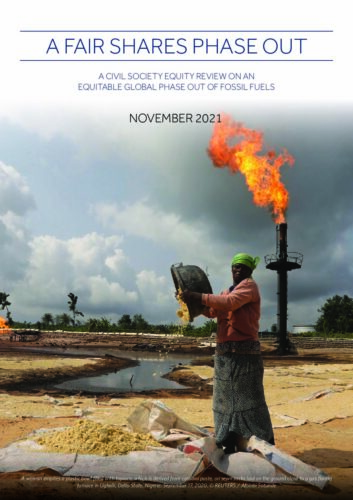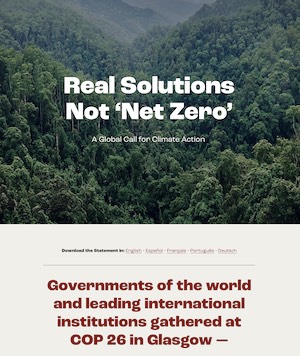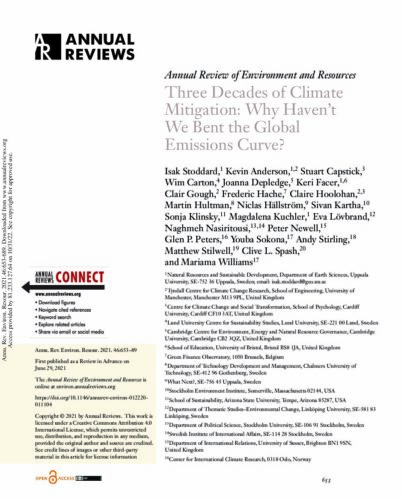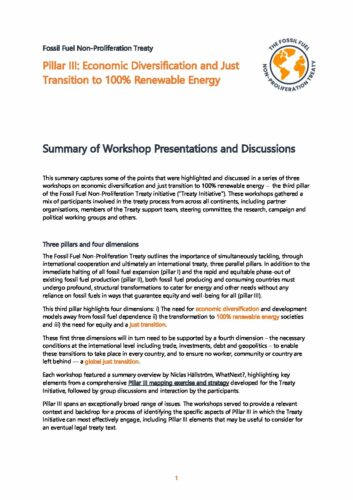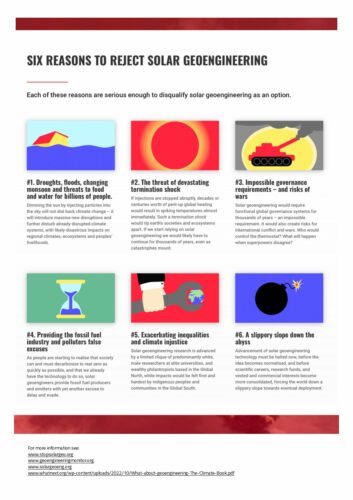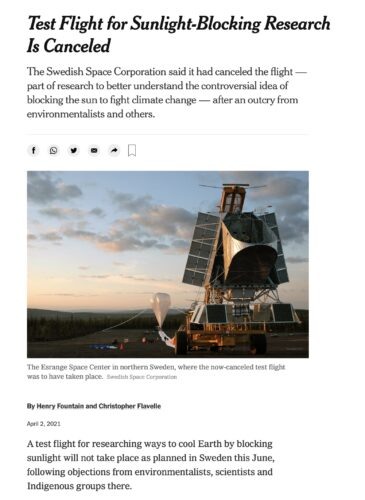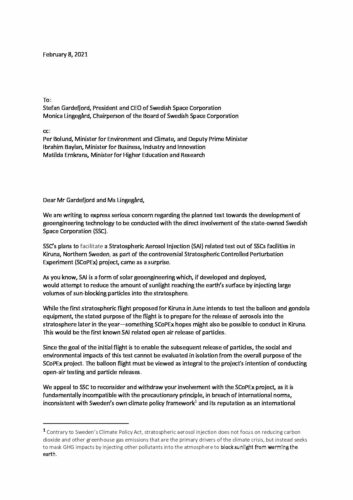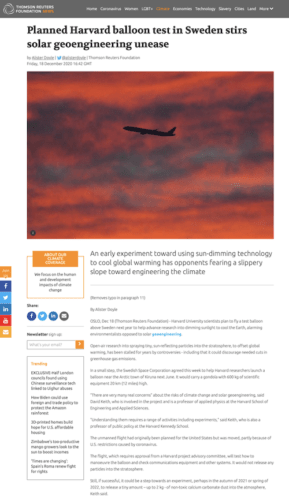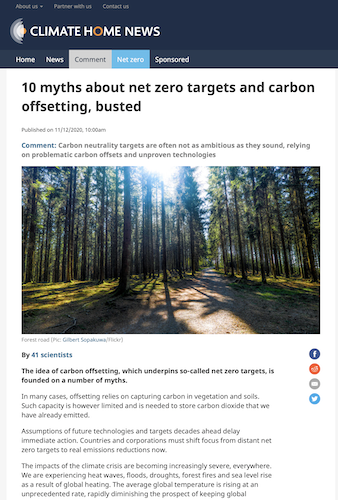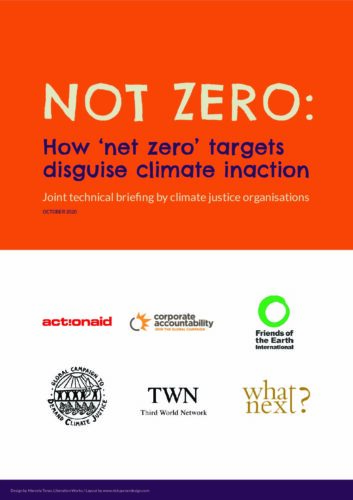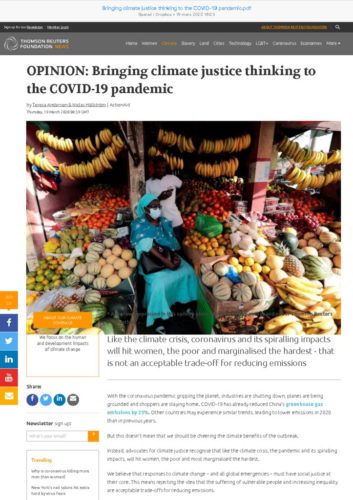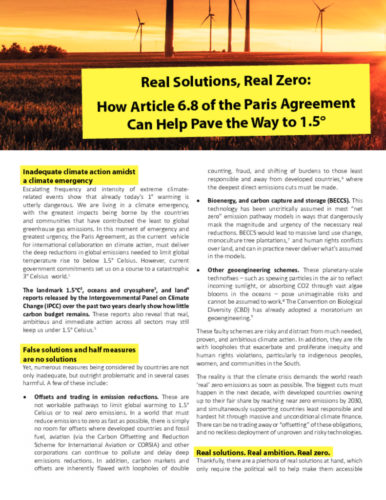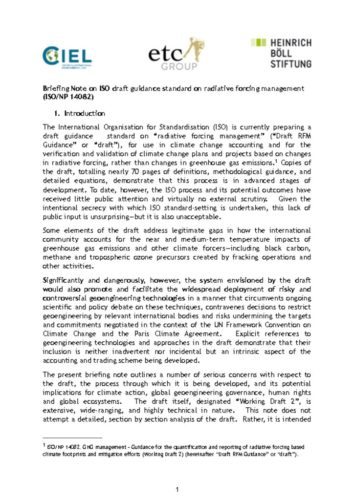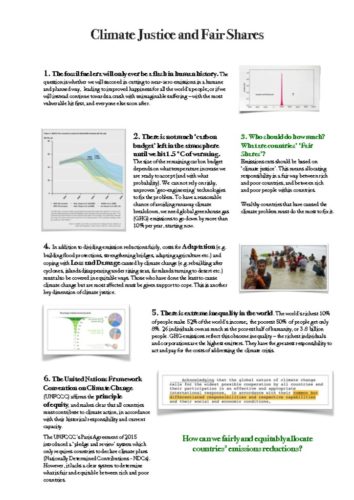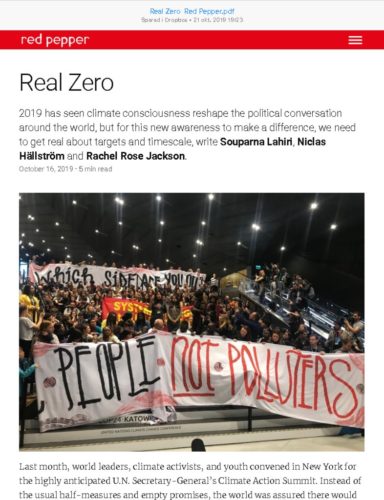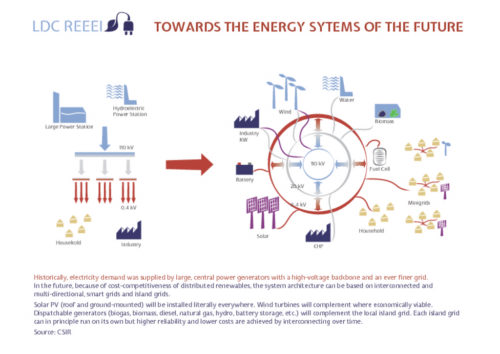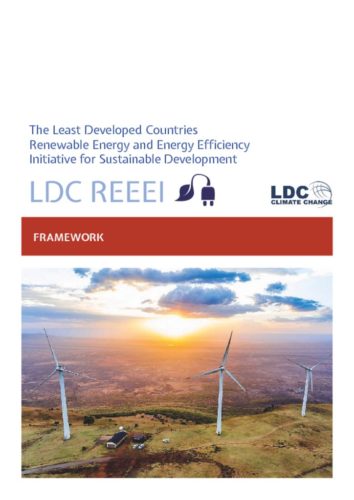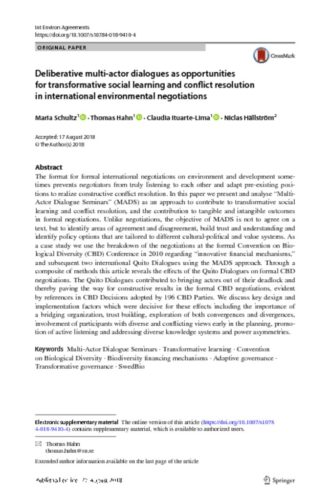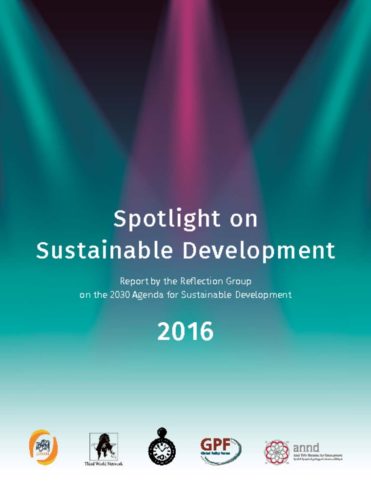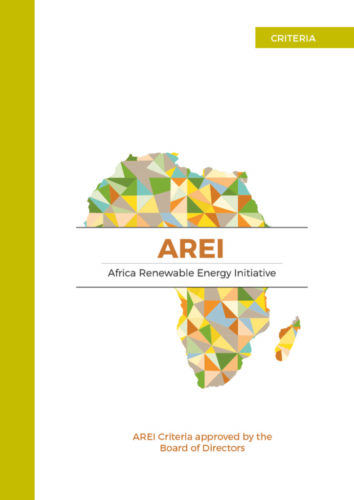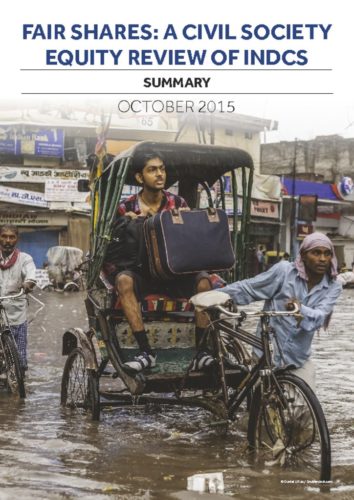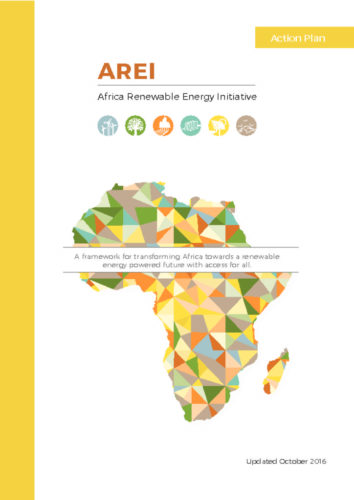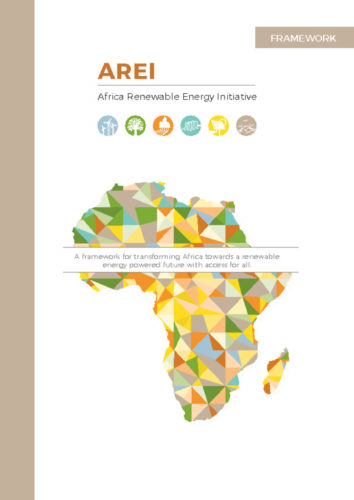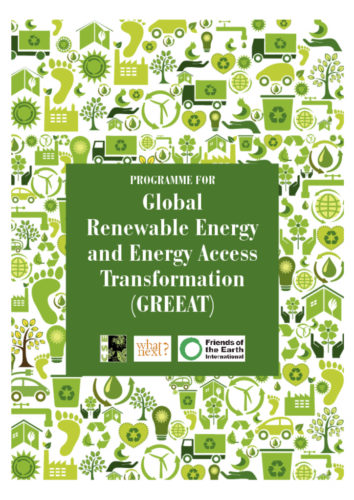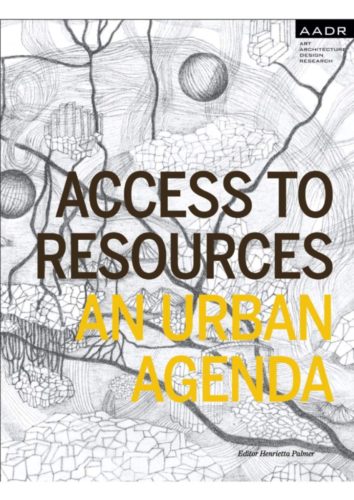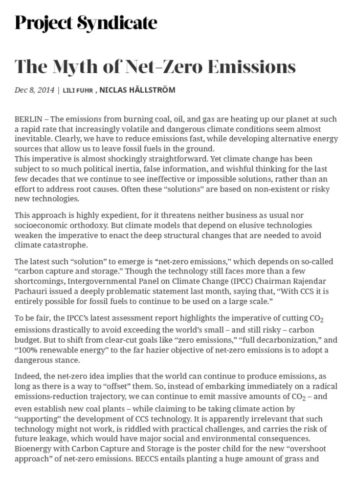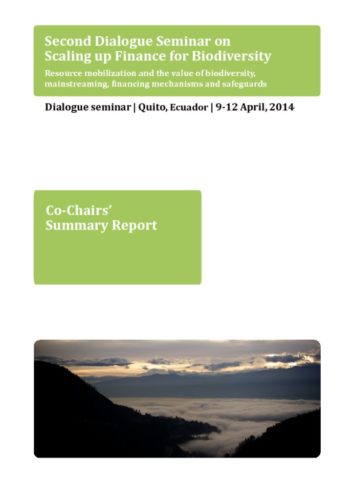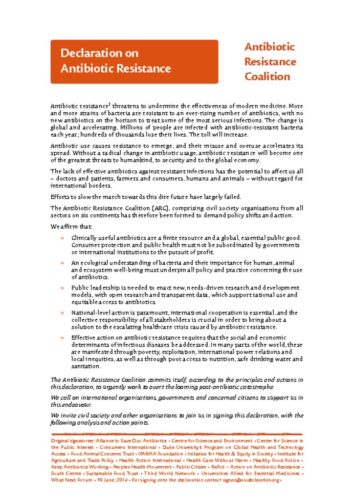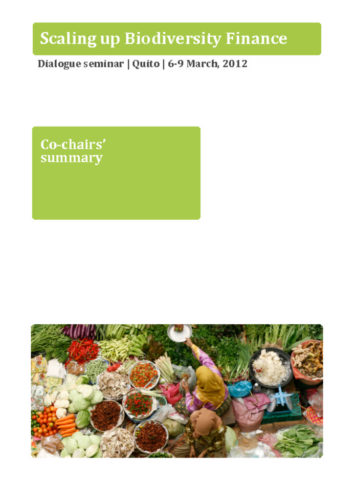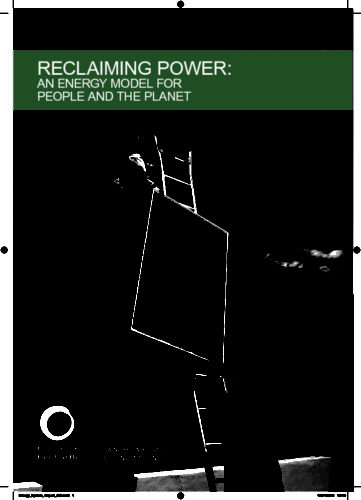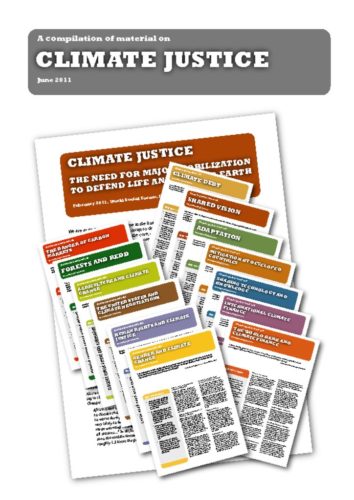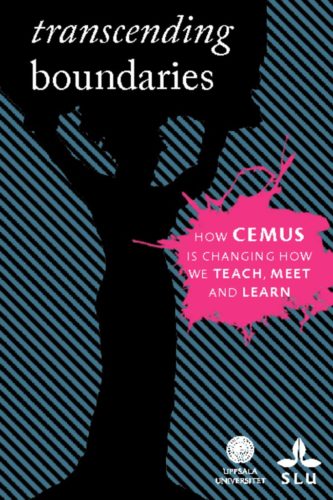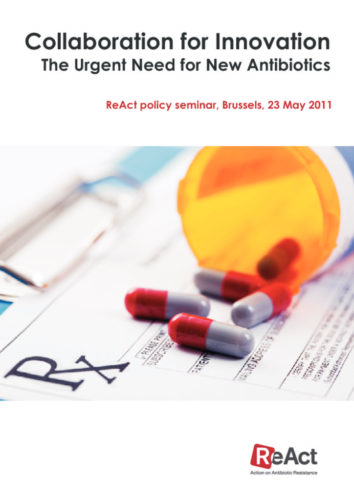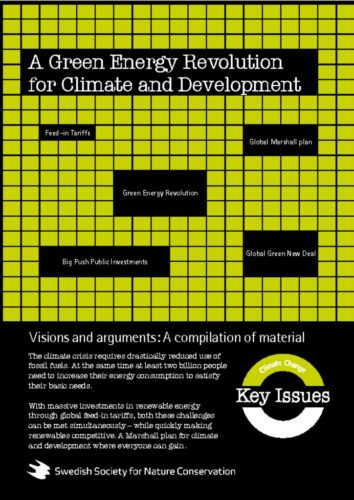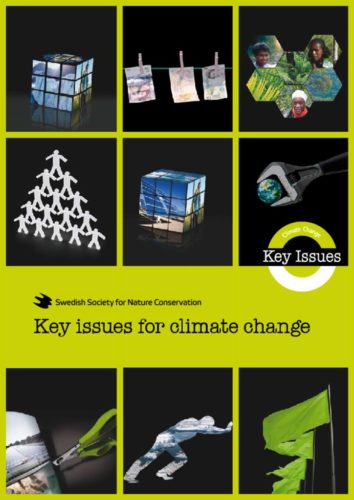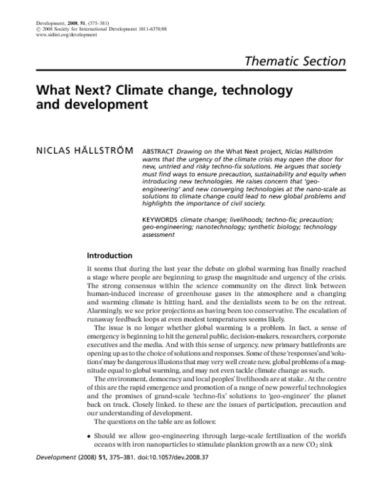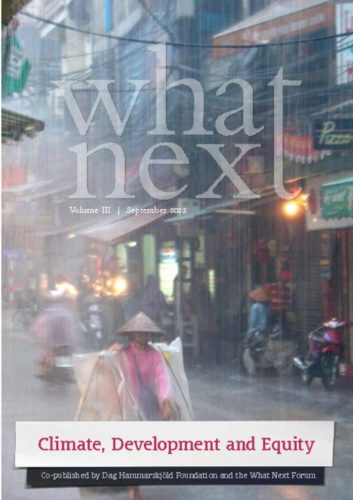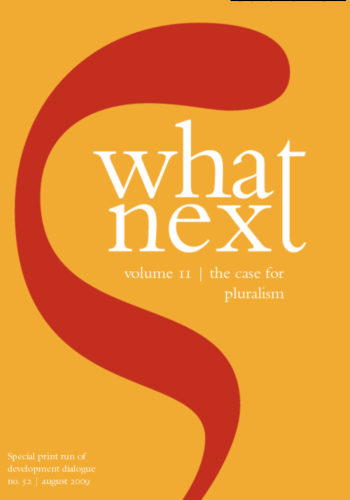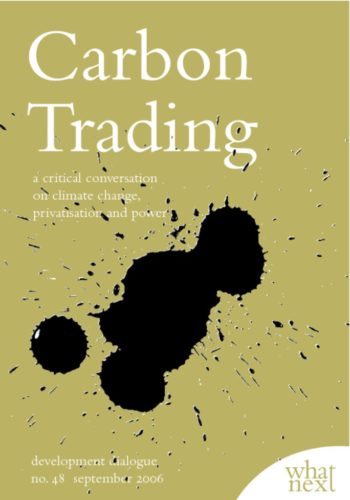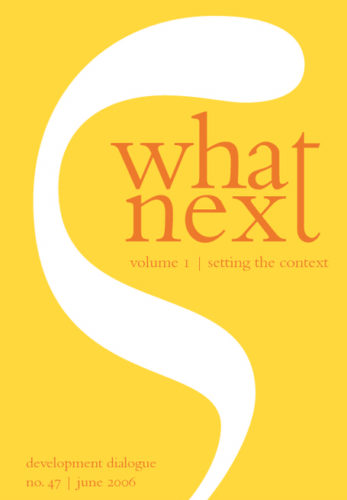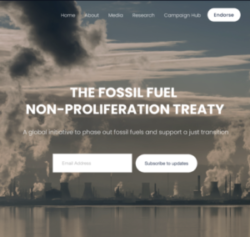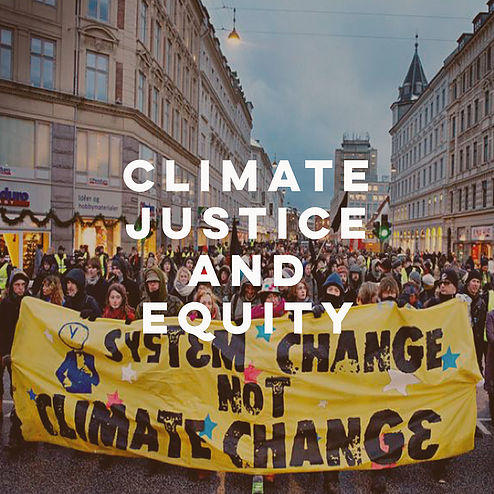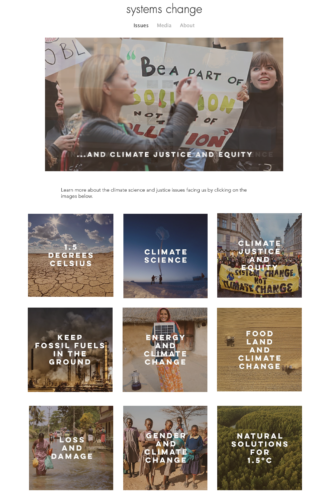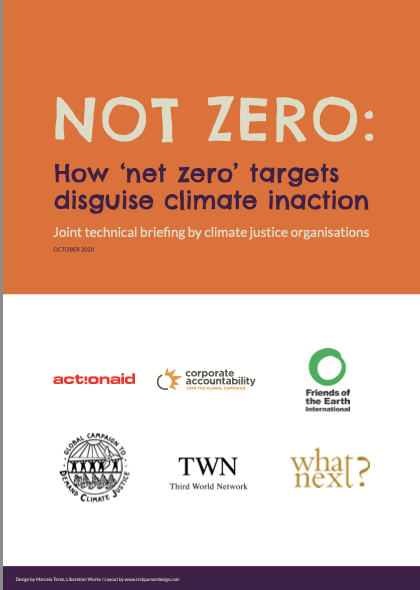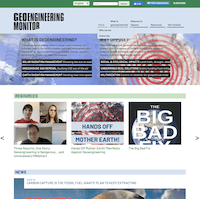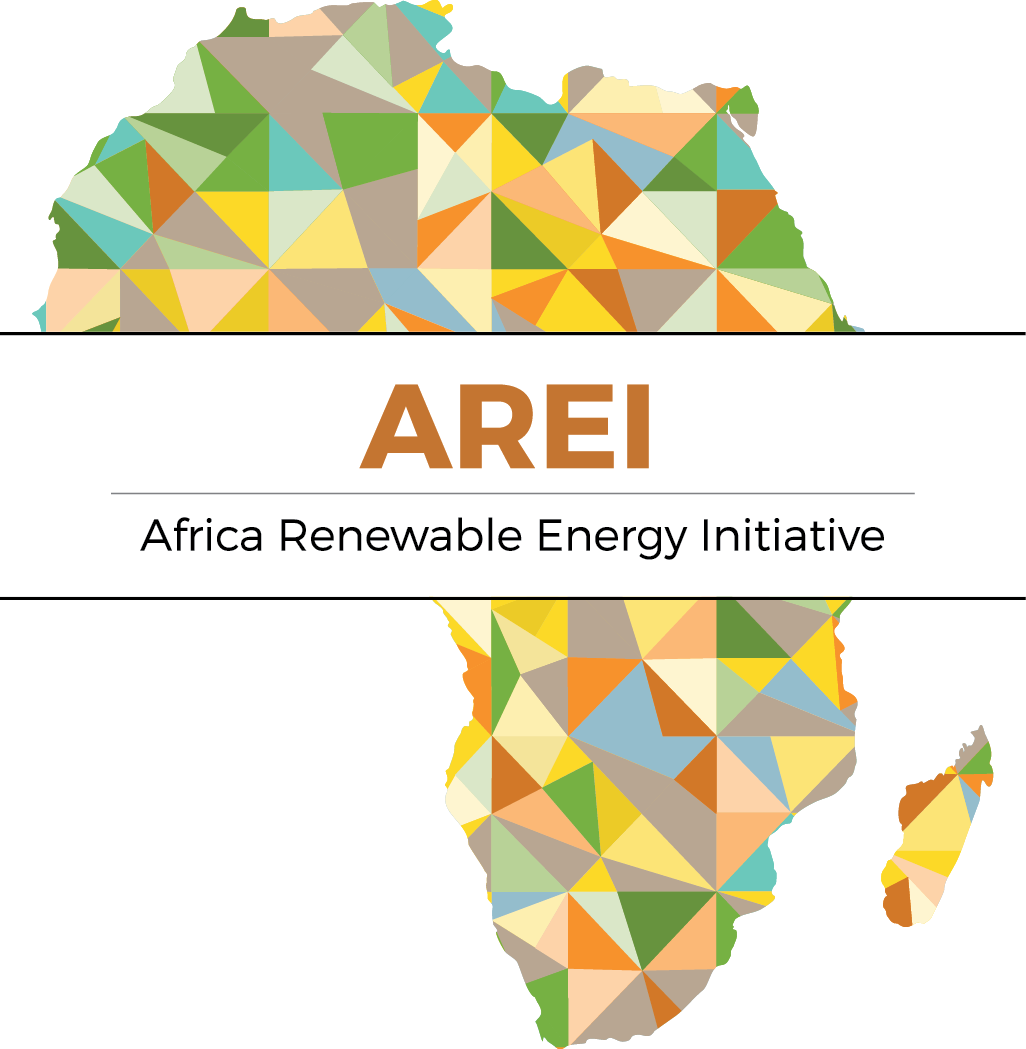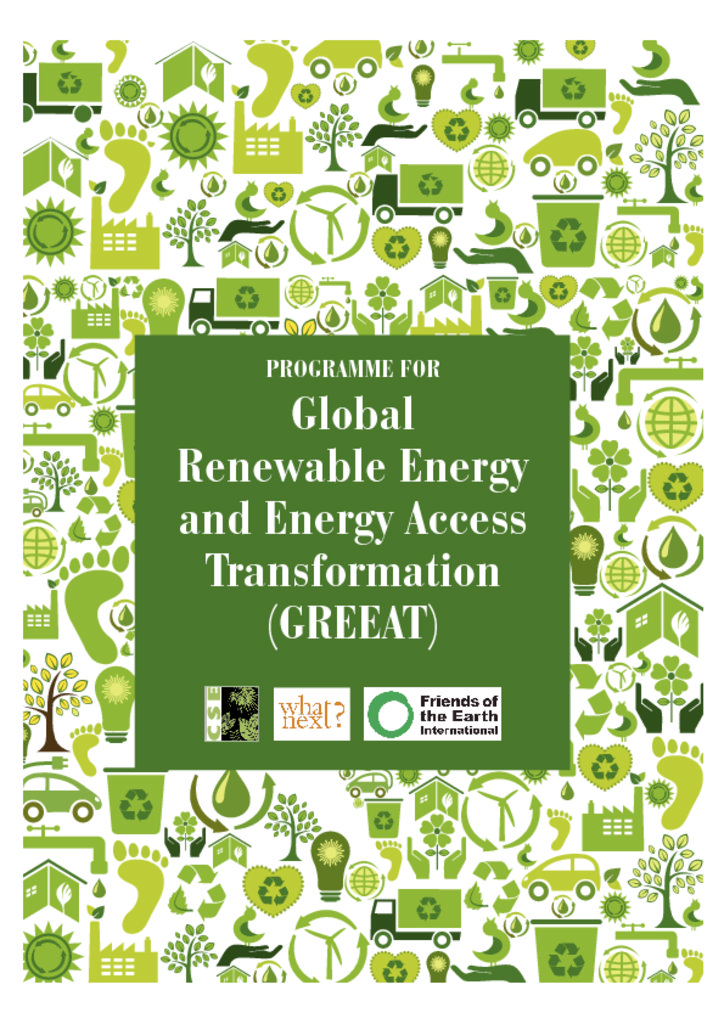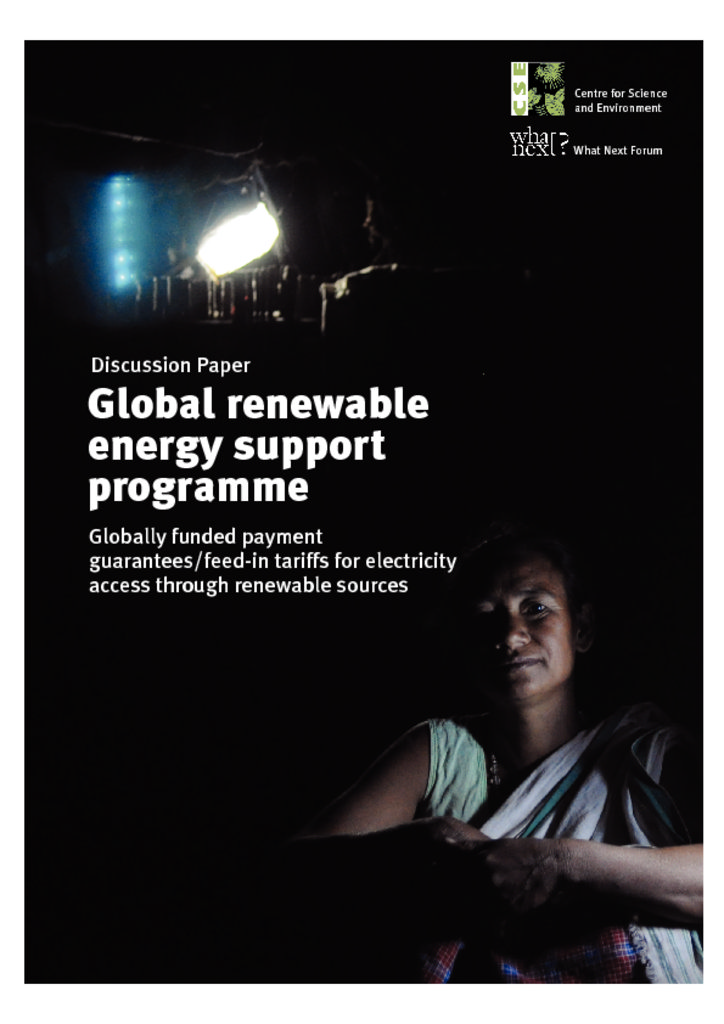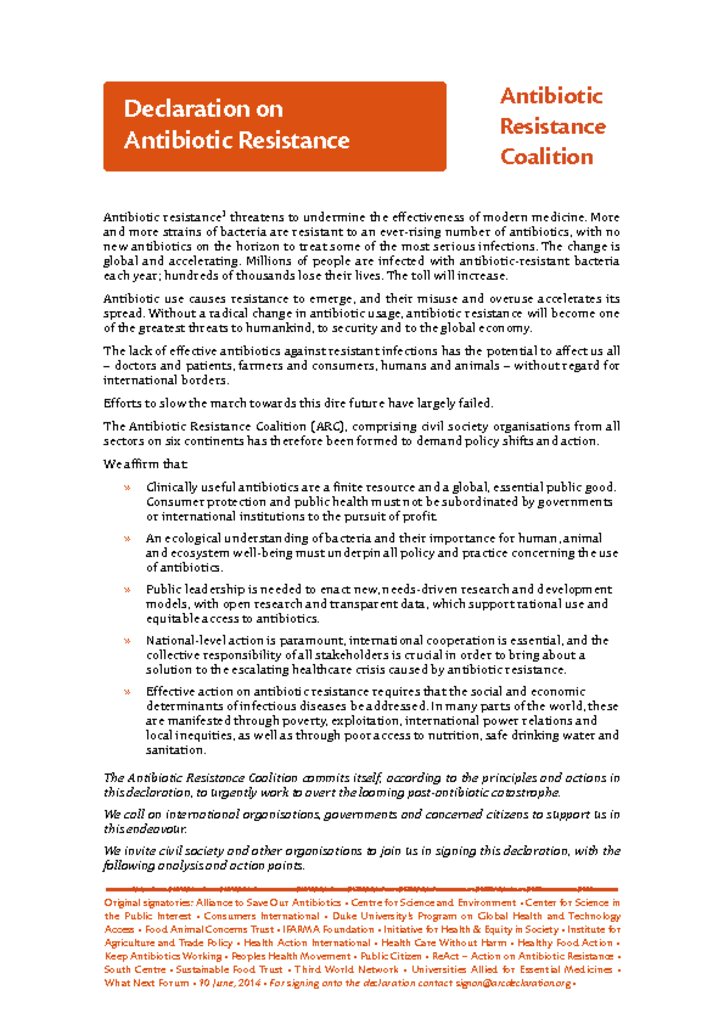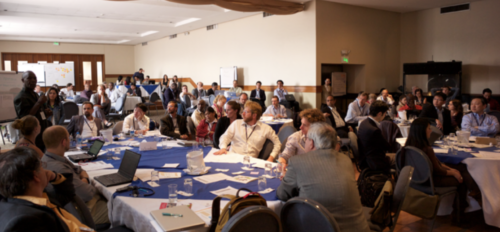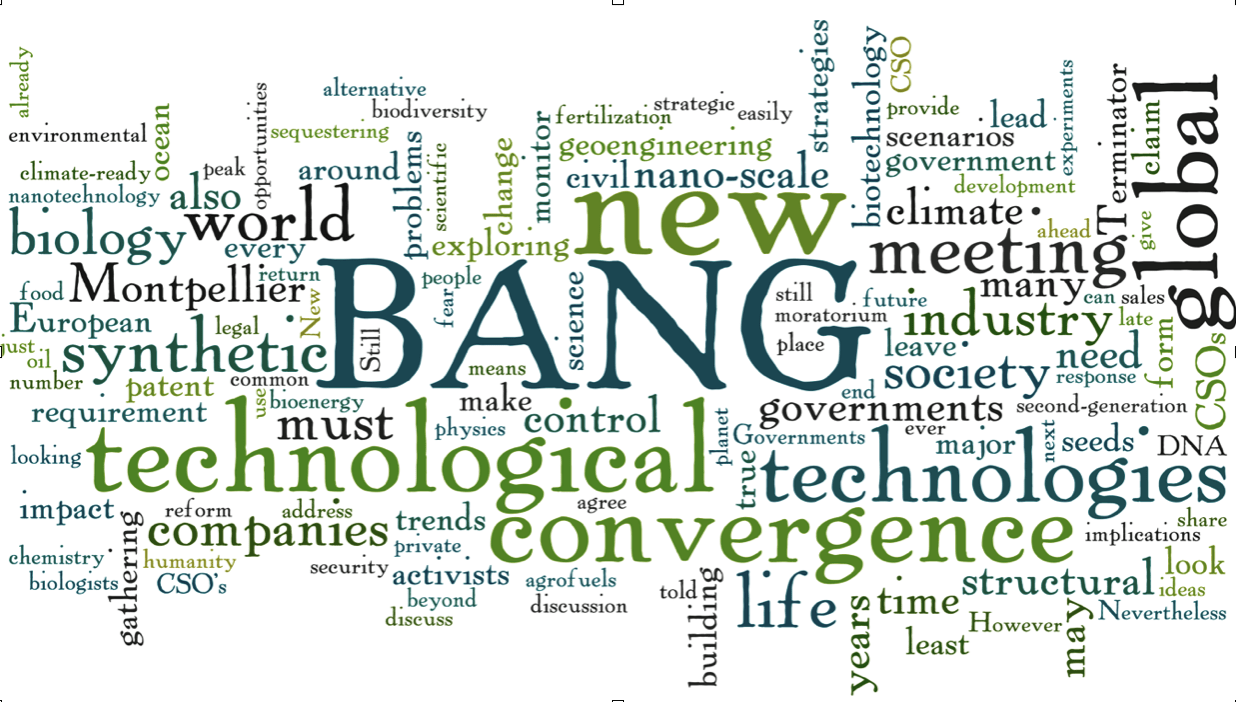BANG From What Next? to What If? – toward a global CSO response to structural and technological convergence
2008
The BANG global meeting gathered around 40 civil society organizations and individuals to evaluate trends in the development of new converging structural and technological platforms that could have a profound impact on societies – South and North – over this and coming generations. This meeting, which was held near Montpellier, France November 22-26, 2008, also considered alternative scenarios to address this convergence.
WhatNext? organised the meeting together with ETC Group, BEDE, and Fondación Sciences Citoyennes.
The meeting was framed in the following way:
A convenient half-truth?
It is true that the world is facing compounding (and perhaps unprecedented) social and environmental problems. It is also true that some technologies have contributed to these problems and that, theoretically, other technologies could play a role in ameliorating some of them. It is further true that the common building blocks of biology, chemistry, and physics are atoms and molecules and that – at the nano-scale – science converges. However, this convergence will likely cause at least as many problems as it attempts to resolve. This ultimate reductionism is – at best – only half the story. The other half is that this technological convergence will easily lead to a power convergence that will further marginalize most of humanity.
If there is climate change, we must geoengineer our planet; if Global Warming imperils our food supply, synthetic biology and ‘climate-ready’ crops are the answer; if there is peak oil, we must use nanotechnology and second-generation agrofuels; if there is terrorism, it is not the Weapons of Mass Destruction we must fear but Massively-Destructive Individuals controlled via human performance enhancement.
The industry/government message is that climate change, peak oil, and biodiversity loss mean that we must look to untested new technologies to weather the perfect storm. These new technologies will require a still-closer alliance between industry and government with new guarantees that will give industry carte blanche to form new cartels and pursue high-risk research with impunity.
BANG
These developments are taking place within an OECD science policy framework that assumes technological convergence at the nano-scale. Some governments described this as the convergence of biology, physics, and chemistry. The US talks about NBIC (Nano, Bio, Info, Cogno) and the European Union speaks of Converging Technologies for the European Knowledge Society. We have been calling this technological convergence at the nano-scale ‘The Little BANG Theory (Bits, Atoms, Neurons, Genes)’.
But the technological BANG is paralleled by a structural BANG of at least as great importance. Governments and industry (always close) are growing still closer as industry looks to government to provide greater investment security and legal protection in return for technological fixes. In the end, the new technologies may well be failures or only half-effective but industry and government will have achieved new levels of control over society.
The BANG meeting does not need to agree on the impact or implications of technological convergence in order to share concerns about the use of technology to condone new structures and relationships that leads to centralised control of society.
Several recent developments symbolize and emphasize the urgency of our meeting…
BANG, you're fed! From terminator to ‘climate-ready’ zombies and beyond: Ten years ago (1998), CSOs discovery of Terminator patents (genes coding for self-sterilisation of seeds) lead to a de facto UN moratorium in 2000 strengthened again in 2006. In 2008, however, the European Union is funding development of ‘zombie’ seeds (Terminator seeds that die at harvest time but can be brought back to life when bathed in proprietary chemicals); Malaysia is researching Terminator mosquitoes as a means of blocking malaria and dengue fever; and several other governments are exploring GE/Terminator trees. Meanwhile, the six largest chemical and biotech companies (that already control 41% of global seed sales and 73% of global pesticide sales between them) now claim patent control over almost 93% of the identified gene sequences that could address every form of climate stress in every agricultural crop. The same companies are also taking the lead in developing second-generation bioenergy. Still operating at the atomic scale, agribusiness and manufacturers already have more than 70 unregulated nanotech-based products in our fields, feed and food.
BANG, you’re bred! -- From agrofuels to synthetic genomes: The world has moved from biotechnology to extreme genetic engineering -- synthetic biology. Whereas old GE technologies cut and pasted single letters into other species painfully and clumsily, synthetic biologists are word processing entire chapters and stories in the book of life. Most scientists in this field regard building life from the bottom up as only a matter of time. Recently, CSOs uncovered a worldwide patent claim by the J. Craig Venter Institute on an entirely unique and artificial self-replicating life form constructed through nanobiotechnology (a.k.a. synthetic biology). While the patent application claims that this new species would increase the efficiency of bioenergy enzymes and ameliorate global warming, this extraordinarily basic microbe could as easily become the platform for building novel bioweapons. The ethical and environmental implications of human-made life forms (and a new Microbesoft monopoly over nature) demand an immediate active response. In February 2008, synthetic biologists attended the CBD's scientific subcommittee and told governments that science will build all the biodiversity the world will ever need.
BANG, you’re led! From surveillance to surrender: Even as privacy legislation abounds around the world, people are willingly surrendering massive amounts of personal information through social-networking sites on the Internet, RFID tags on their property; and security spyware that lets passers-by monitor their family life. Those who refuse to give their DNA to employers are paying $100 to ship their DNA to companies in return for genealogical gossip. Legislation just passed in Sweden gives authorities the legal right to monitor all electronic traffic crossing the nation’s boarder (which in these days of global communications also means most of domestic e-mail correspondence as this usually passes through at least one server abroad). New nano-scale components make ubiquitous monitoring and tracking of people and materials cheap and manageable. In a world where nanotechnology makes every material potentially dangerous, governments reason that the only realistic solution is to monitor everybody all the time. It is not the weapons of mass destruction, we are told, that we need to fear but, the massively-destructive individual. Democracy must be subordinated to safety.
BANG, you’re dead! -- From de-consumerisation to geoengineering: In 2007 and today, private companies have been attempting geoengineering (ocean fertilization) experiments intended to earn carbon credits for sequestering CO2 off the coast of Ecuador, India, Philippines, Oman, and Morocco. CSOs have just persuaded the 191 member states in the Convention on Biodiversity to impose a moratorium on ocean fertilization as a method of sequestering GHGs. However, a number of private companies and scientific institutions are still actively exploring a wide range of geoengineering experiments on the ocean and in the stratosphere that they claim will allow humanity to adjust the planet to climate change. Governments are listening.
BANG’s background - Once a decade?
In the late 1980s, about 40 civil society activists met in Bogève, in the French Alps, to discuss, for the first time ever, the impact of biotechnology. The global GM and ‘No Patents on Life’ debates can be traced from this seminal event.
In the late 1990s, a second major gathering of global CSO activists took place at Blue Mountain in upstate New York to assess the state of biotechnology and to discuss new technologies and strategies. As it was for the meeting in 1987, the 1999 meeting was largely a gathering of activists exploring unfamiliar ground. None of us had clear insights into technological trends. Nevertheless, the gathering launched many of those attending on an exploration of new technologies.
Now, a number of civil society allies are discussing the need to convene a more fundamental and more critical long-term strategic meeting to look beyond current trends and share our analysis of alternative strategic scenarios that could make a difference over the next 5-30 years.

